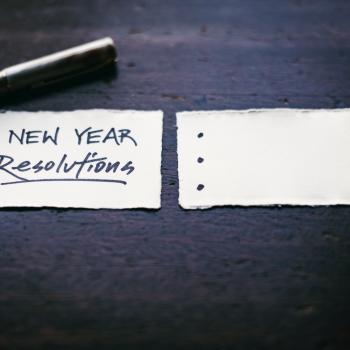Seeking truth is a complicated struggle. Trying to discover what is real and what is false is much harder than it seems. Our ability at self-deception is incredible. The blinders we have concerning the weakness of our own bias is another deeply troubling challenge.
The world is plagued by one particular tendency. We’ve stopped searching for the truth. Instead, we have assumed the truths are clear (it’s what we’ve thought all along!) and we spend every waking moment trying to convince everyone around us why we are right.

About Facts
One of my biggest pet peeves is when people say, “I’m just telling the truth.” We use this statement as a defense mechanism. Saying how we feel is not the same thing as telling the truth. The difference may seem subtle, but it is not. It makes all the difference in the world. Our inability to see the difference as important is part of the reason our world is in such turmoil.
Our efforts at self-preservation have allowed us to distort the truth. One of the best ways to do this, as with any deception, is with just enough accuracy to look and smell right.
A fact is something that can be proved or disproved. Its opposite is an opinion. Cleverly, we humans have found a way to blur the two by tying them together. We take a fact – something like “the guy driving in front of me cut me off” and we run with it. Our minds start to create story around it. “People are idiots”, “This always happens to me”, etc. Our stories become intrinsically linked to the fact.
So, if I were to say my wife yelled at me, that is a fact. But if I were to say she hates me and our marriage is doomed, that is not a fact. It’s not the truth.
About Truth
Truth is deeper than facts. If my wife cheated on me, to take an extreme example, that would be a fact that could never be undone. But all of the connotations I might tie to it are not. For example, that I would then be justified in cheating on her, that I deserved to be cheated on, or that I could never trust her again. These are not truths. They’re not facts. They are decisions I make in light of the facts. I could also chose to forgive, although that is a much harder choice.
Facts are simply invitations to choice. They are the arenas where our decisions are made. The facts are not as all-encompassing or all-consuming as we make them. We are not slaves to our facts. My circumstances are not my god. Neither are they definitive indictments of who I am.
Seeking Truth

There is a big difference between “this happened to me” and “this is who I am”. The former is about fact. The latter is about truth.
The difference is this: facts are pieces of data. Truth is a mixture of facts, choices, and proper perspective. While facts are an important ingredient, they are not definitive. And if we try to make them so, we get a rotten tasting life. An inaccurate one.
No matter what facts surround us, there is a deeper truth to who we are. Facts can trigger us, but they cannot define us. The truth is deeper than facts. More important. More real, even. We cannot pursue truth while avoiding facts. But we cannot make sense of our facts while avoiding the deeper truths.











